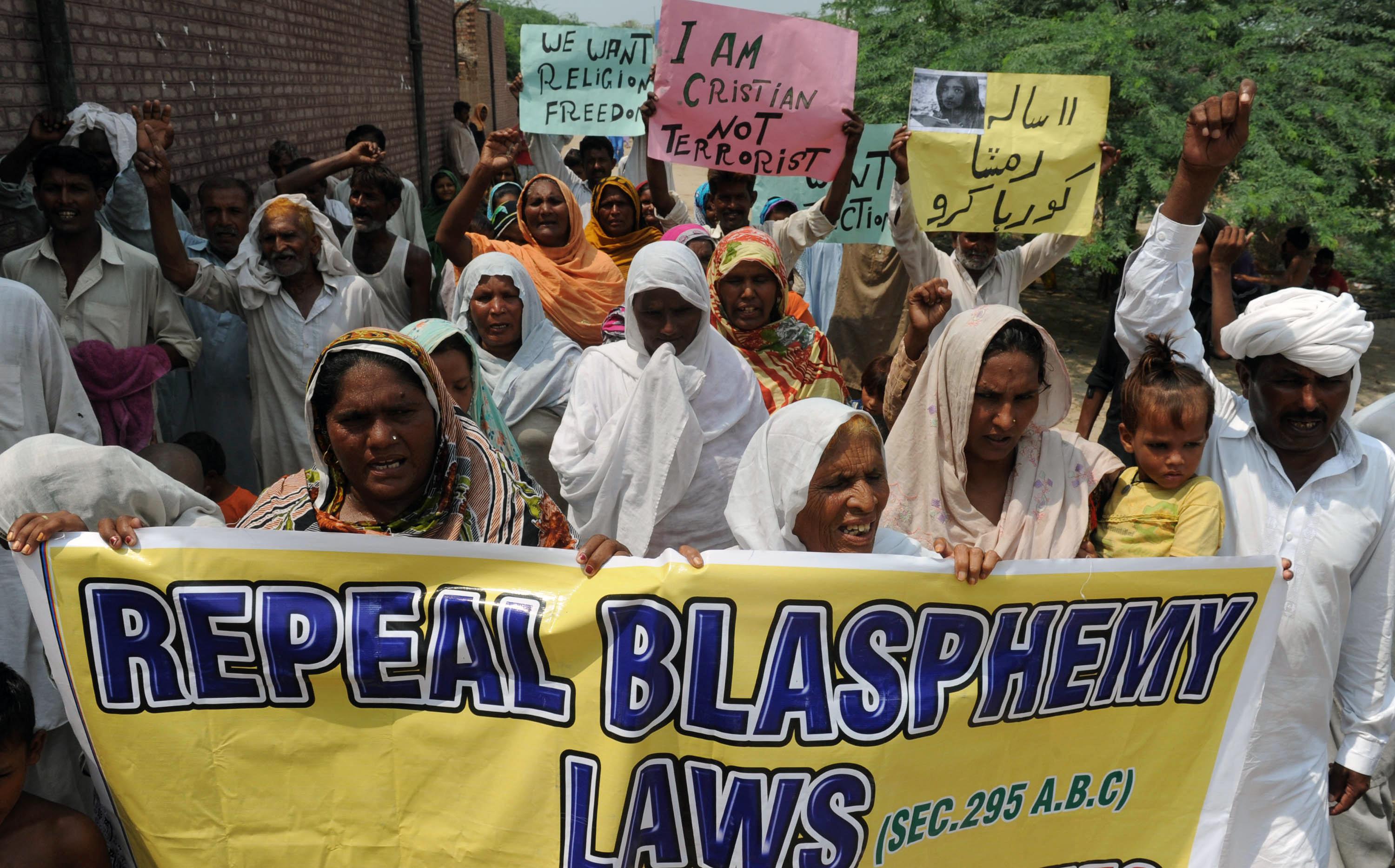The Charlie Hebdo attack in Paris this week was uniquely horrific. But in one way, it was not that unusual: Violent acts in response to “blasphemy” are unfortunately pretty common. They’re just usually perpetrated by governments.
In December, Mauritanian blogger Mohamed Cheikh Ould Mohamed was sentenced to death for apostasy for a post he wrote that argued against the religious legitimacy of the country’s rigid caste system, which often takes the form of chattel slavery. Raif Badawi, a Saudi blogger, won’t be killed for perceived insults to Islam, but this Friday he will receive the first of 20 weekly public floggings. Badawi was sentenced to 1,000 lashes along with 10 years in prison and a $26,666 fine last May on charges that he had insulted his religion on his website, Free Saudi Liberals. As Reuters notes, the government of Saudi Arabia, where judges are trained as religious scholars and have wide latitude to interpret Islamic law, condemned the Charlie Hebdo attack but has also called for an international law against insulting religion.
In a recent essay in Foreign Affairs, UCLA law professor Amjad Mahmood Khan argues that Pakistan’s absurdly broad blasphemy laws—under which any “imputation, innuendo, or insinuation” that “directly or indirectly defiles the sacred name of Prophet Muhammad” is outlawed and in some cases punishable by death—have not only led to the arrest of thousands of individuals for crimes as trivial as wearing an Islamic slogan on a T-shirt, but “provide legal cover for terrorists to commit atrocities in the name of protecting Islam’s integrity based on their warped view of the faith.” This includes the mass killings of members of minority sects like the Ahmadis, who are forbidden by law from calling themselves Muslims and frequently charged under blasphemy laws, as well as attacks on Christians.
Just this week a Pakistani man who had been arrested in 2011 for blasphemy after declaring himself a prophet but was recently released after being deemed mentally unstable, was found murdered by gunmen outside of Islamabad.
Blasphemy laws are harshest and most common in the Muslim world, but aren’t exclusive to it. In the wake of Pussy Riot’s church performance, Russia’s parliament passed a new law mandating jail terms for insults to religion. Nearly a quarter of the world’s countries have blasphemy laws on their books, according to Pew, and one out of 10 bans apostasy. The Charlie Hebdo killings have already prompted some Western governments, notably Ireland and Canada, to announce that they will reconsider the blasphemy laws on their books. But in much of the world, governments, not terrorists, will continue to be the biggest threat to freedom of and from religion.
This post has been updated for clarity.
